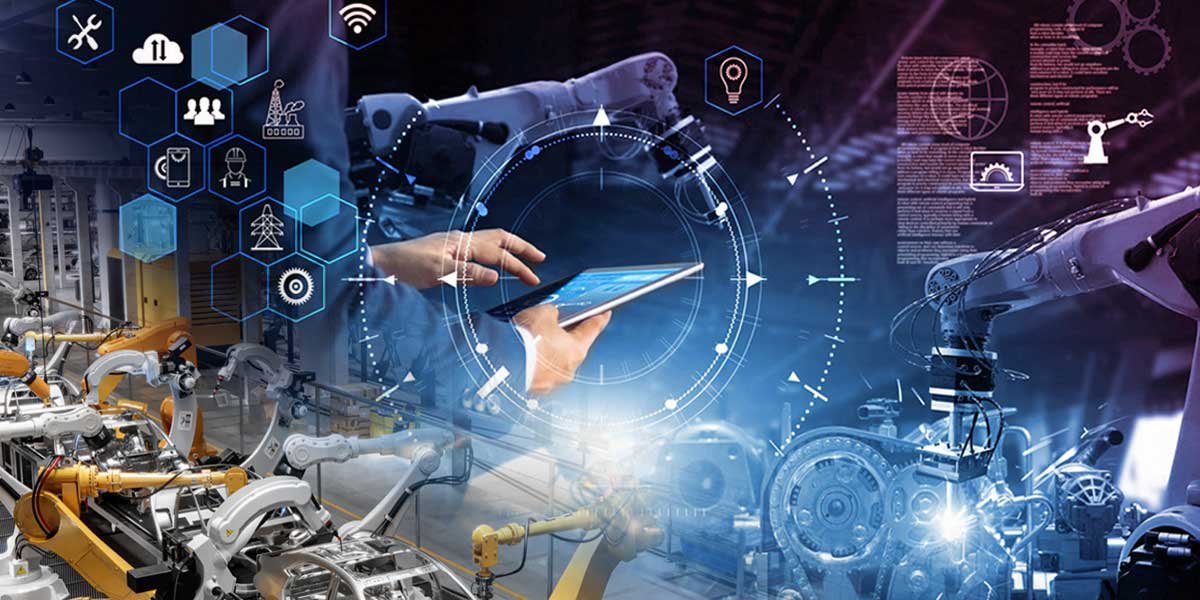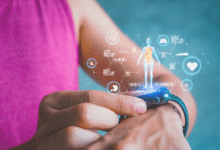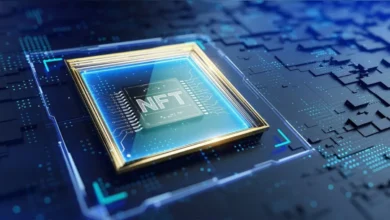The Future of IoT: How Connected Devices Will Shape Our Lives

The rapid advancement of technology has brought us into an era of interconnectedness where devices are becoming smarter and more connected than ever before. The Internet of Things (IoT) is a network of physical objects embedded with sensors, software, and other technologies that enable them to collect and exchange data. This article explores the future of IoT and how connected devices will shape our lives.
Read more: IoT Innovations in 2023: Transforming Industries and Simplifying Lives
What is IoT?

IoT refers to the network of physical devices, vehicles, appliances, and other objects embedded with sensors and software that enable them to connect and exchange data. These devices collect and share information over the internet, creating a vast ecosystem of connected devices.
Evolution of IoT
The concept of IoT has been around for several decades, but recent advancements in technology have accelerated its development. From early experiments with simple sensors to the integration of artificial intelligence and machine learning, IoT has evolved significantly over the years.
Applications of IoT
IoT has a wide range of applications across various industries. It has transformed healthcare by enabling remote patient monitoring, personalized treatments, and efficient healthcare delivery. In smart homes, IoT devices allow for automated control of lighting, temperature, security systems, and appliances. In transportation, IoT is used for vehicle tracking, traffic management, and autonomous vehicles. In manufacturing, IoT enables predictive maintenance, supply chain optimization, and real-time monitoring. In agriculture, IoT is used for precision farming, crop monitoring, and livestock tracking.
IoT in Healthcare
The integration of IoT in healthcare has revolutionized the industry. Connected devices such as wearable fitness trackers, remote patient monitoring systems, and smart medical devices enable continuous health monitoring and early detection of medical conditions. These devices provide valuable data to healthcare professionals, leading to improved diagnosis, treatment, and patient outcomes.
IoT in Smart Homes
Smart homes leverage IoT technology to create a seamless and interconnected living environment. With IoT-enabled devices, homeowners can control various aspects of their homes, such as lighting, heating, entertainment systems, and security, through their smartphones or voice assistants. These devices enhance convenience, energy efficiency, and security within homes.
IoT in Transportation
The transportation industry is experiencing a significant transformation due to IoT. Connected vehicles gather data on road conditions, driver behavior, and vehicle performance, enabling better traffic management, real-time navigation, and improved road safety. Additionally, IoT plays a crucial role in the development of autonomous vehicles, paving the way for a future of self-driving cars.
IoT in Manufacturing

IoT has brought about the concept of Industry 4.0, where machines and systems are connected, monitored, and optimized in real-time. In manufacturing, IoT enables predictive maintenance, reducing downtime and increasing productivity. It also facilitates intelligent supply chain management, inventory tracking, and quality control.
IoT in Agriculture
The agricultural sector has embraced IoT to enhance efficiency and sustainability. Connected sensors and drones monitor soil conditions, weather patterns, and crop health, providing farmers with real-time data for informed decision-making. IoT in agriculture enables precise irrigation, optimized resource utilization, and early detection of crop diseases.
Challenges in IoT
Despite its numerous benefits, IoT faces certain challenges that need to be addressed. Interoperability issues, data security and privacy concerns, and scalability are some of the key challenges in IoT implementation. Standardization and robust cybersecurity measures are crucial for the successful adoption and expansion of IoT.
Security and Privacy Concerns
As more devices become interconnected, security and privacy become paramount. With the vast amount of data generated by IoT devices, protecting sensitive information and ensuring data integrity are critical. Strong encryption, authentication mechanisms, and secure communication protocols are essential to mitigate security risks.
Future Trends in IoT

The future of IoT holds tremendous potential. Advancements in artificial intelligence, edge computing, and 5G technology will further enhance the capabilities of IoT devices. We can expect to see increased adoption of IoT in smart cities, industrial automation, and environmental monitoring. The integration of IoT with blockchain technology may also address security concerns and enable trusted data sharing.
Read more:The digital world Connecting with IoT in 2023
Conclusion
The future of IoT is bright and promising. Connected devices will continue to transform industries, improve our daily lives, and drive innovation. From healthcare to smart homes, transportation to manufacturing, and agriculture to beyond, the impact of IoT will be far-reaching. Embracing IoT and addressing its challenges will pave the way for a future where our lives are seamlessly connected and enhanced by intelligent devices.
FAQs
How does IoT improve healthcare?
IoT enables remote patient monitoring, personalized treatments, and efficient healthcare delivery, leading to improved patient outcomes.
What are the challenges in implementing IoT?
Interoperability, data security, privacy concerns, and scalability are some of the key challenges in IoT implementation.
Can IoT be used in agriculture?
Yes, IoT is used in agriculture for precision farming, crop monitoring, and livestock tracking to enhance efficiency and sustainability.
What are the future trends in IoT?
Future trends in IoT include increased adoption in smart cities, industrial automation, environmental monitoring, and integration with blockchain technology.
How does IoT impact smart homes?
IoT enables homeowners to control various aspects of their homes, such as lighting, heating, security systems, and appliances, through connected devices for enhanced convenience and energy efficiency.










